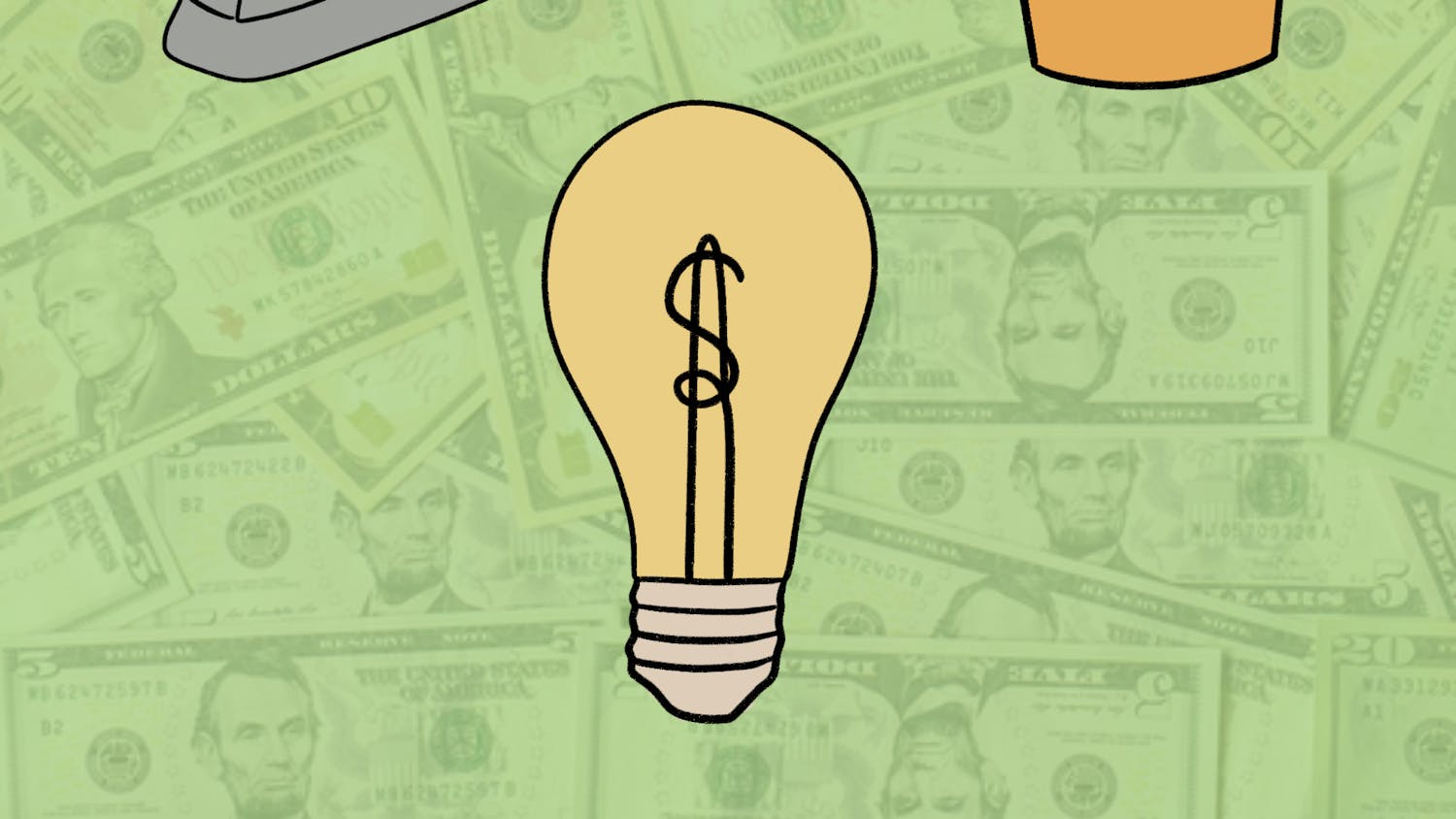A leader, above all else, has a responsibility to those he or she governs.
A good leader recognizes discrepancies with an agenda and makes necessary or appropriate adjustments.
As a whole, President Barack Obama’s actions have left many to speculate his motives. Does the president act with a certain first-term naiveté, or does he simply view himself as above the American presidency?
President Obama was elected at a convenient time of bubbling dissatisfaction with the political status quo.
Relatively inexperienced, Obama ran on a campaign of hope and change for the sake of hope and change, offering little substance for either in his campaign addresses. Obama was launched into the presidency after the economic collapse and acted with reckless fervor, pushing highly contested legislation through Congress without allowing the citizen availability he promised during his campaign.
Since that point, Obama has caught the nation off guard, taking actions either adverse to his campaign commitments or outside the parameters of the will of the nation. Contrary to his campaign promises, Obama refused to allow five days of public comment before signing bills; has not reduced earmarks to the 1994 level; and families below the $250,000 income level have seen taxes increase despite his promise they wouldn’t see “any form of tax increase.”
The health care bill alone will raise billions of dollars on the backs of the middle class. And that doesn’t include the tobacco taxes Obama has increased or the forthcoming expiration of the Bush tax cuts, which will mean an additional tax burden for many families Obama claimed were in his tax-safe zone.
Remember Obama: the community organizer? Obama: the man of the people? Obama: the struggling middle-class citizen’s answer to economic hardship?
Consider the following:
Despite advocating the virtues of a public education, his children attend a private school.
His wife vacationed in five-star luxury in Europe while the U.S. went through its toughest economic time since the Great Depression.
Obama has had more golf outings in 18 months than President Bush took in eight years.
If Nero fiddled while Rome burned, Obama golfs while the economy tanks.
Meanwhile, America’s willingness to rely on paper-thin reassurances from the president that he is acting with a sense of positive change, and that there is still hope for the economy are wearing thin. Obama’s greatest defense, his blame-Bush Kevlar, is fraying and leaving his true lack of experience exposed.
The president’s flagging interest in the will of the people is highlighted by his comments on the Ground Zero mosque situation.
Similarly, he was deaf to public sentiment when it came to health care and bailout legislation.
Does a detached attitude about the issues at hand have the president already dreaming beyond his presidency? Has he already set his sights toward a post-service role in America or the world?
In January, Obama made a statement to ABC’s Diane Sawyer that indicated a one-term presidency is not beyond his contemplation.
Perhaps he has realized remaking the country as he sees fit is not so easily achieved.
The nation’s highest office comes with the heaviest burdens. However, the stresses of leadership will turn destructive and self-defeating if the actions of a leader are not synchronized with the will of the nation.
At times, a leader needs to reflect upon the decisions he has made and determine whether they reflect the best interest of the governed body.
The question at hand is both simple and profound. Will our president make the changes in his agenda that Americans are about to mandate in November?
Bryan Griffin is a first-year law student.





